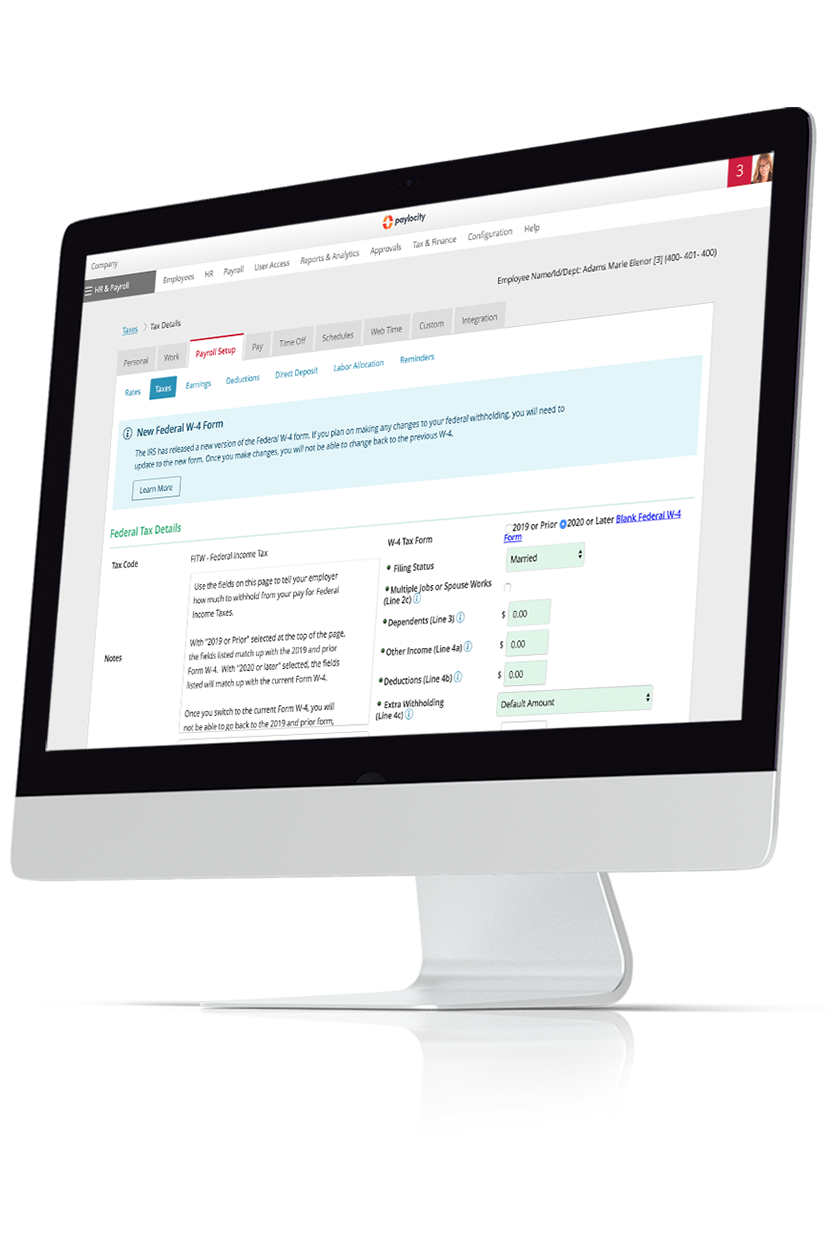What is minimum wage?
Minimum wage is the lowest hourly rate of pay an employer can legally pay their employees. Rates vary between counties, states, and cities, largely depending on the area’s cost of living.
In the United States, the Fair Labor Standards Act (FLSA) of 1938 created the current federal minimum wage system and imposed an initial minimum wage rate of 25 cents per hour. Adjusted for inflation, that would equal around $5.88 in 2026.
At the state level, each government can also create and modify its own minimum wage laws, so long as they meet or exceed the current federal minimum wage rates. However, not all have chosen to do so. Five states (Alabama, Louisiana, Mississippi, South Carolina, and Tennessee) don't have state minimum wage laws, so they simply use the U.S. minimum wage rate. Additionally, certain federal, state, and local contractors have special minimum wage requirements based on the prevailing wages set by either a federal contract and/or state and local laws.
Tipped wages and credits
No minimum wage definition would be complete without addressing how federal and state minimum wage rates apply to employees who earn tips along with their base pay, such as restaurant servers.
According to the FLSA, employers can use the tips employees earn to lower the minimum wages they're required to pay workers. In other words, employers can offer a lower tipped wage to tipped employees, so long as those workers each earn enough tips (a.k.a., actual tip credits) to make up the difference.
Like the overall minimum wage, each state can set its own tipped minimum wage and tip credit rates, provided they too meet or exceed the current federal rates. That said, some states don’t allow employers to pay employees the lower tipped minimum wage and claim a tip credit, or only allow them to claim a reduced tip credit if workers receive certain wages and benefits.
NOTE: The below information was last updated January 14, 2026. It is not intended as legal or tax advice.





